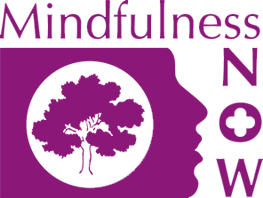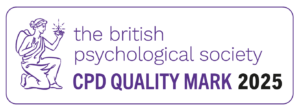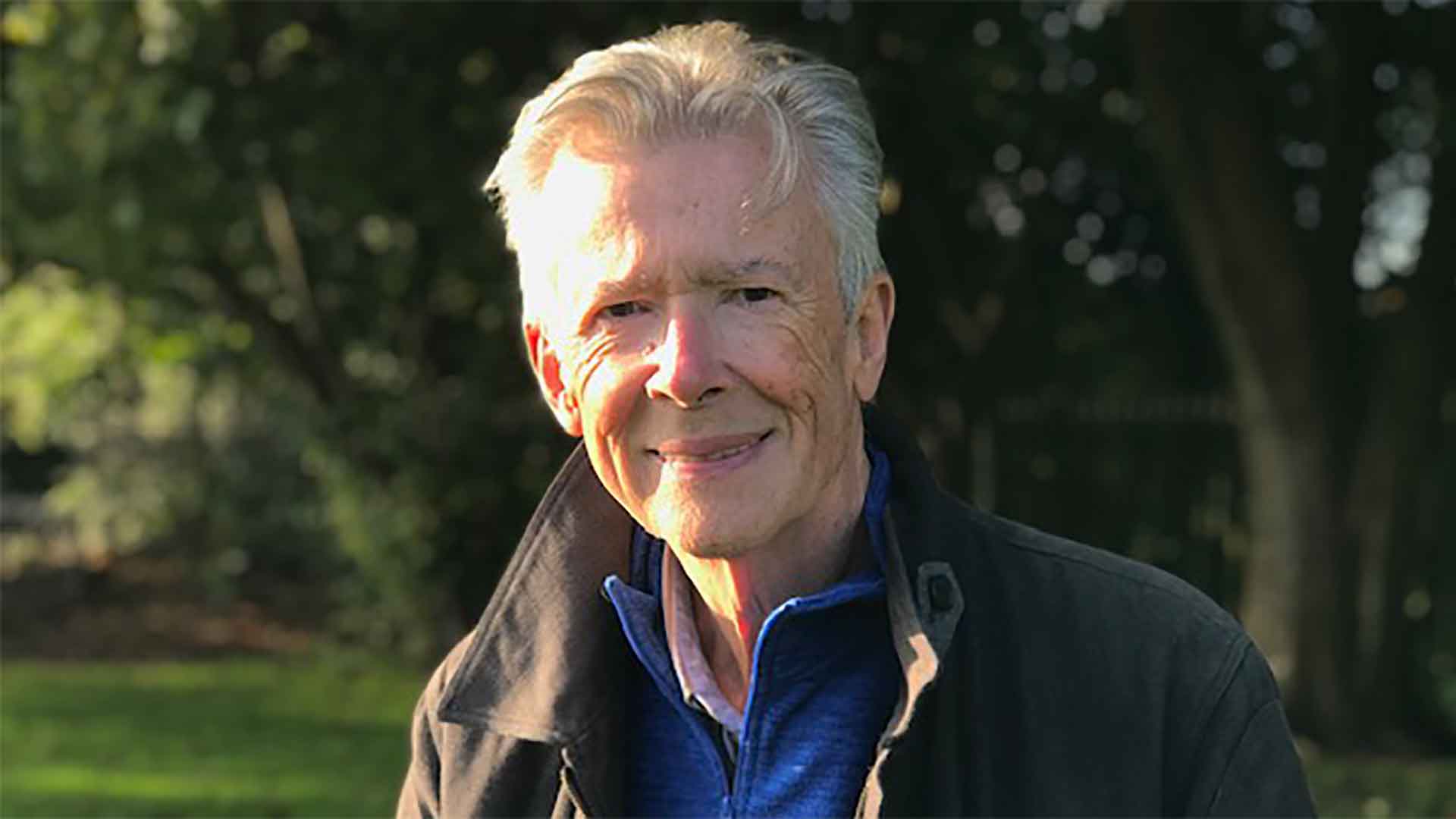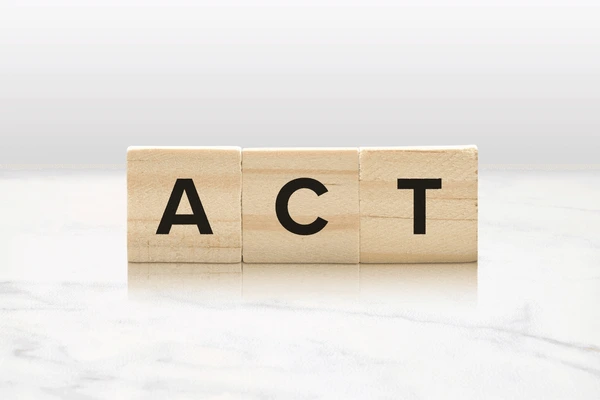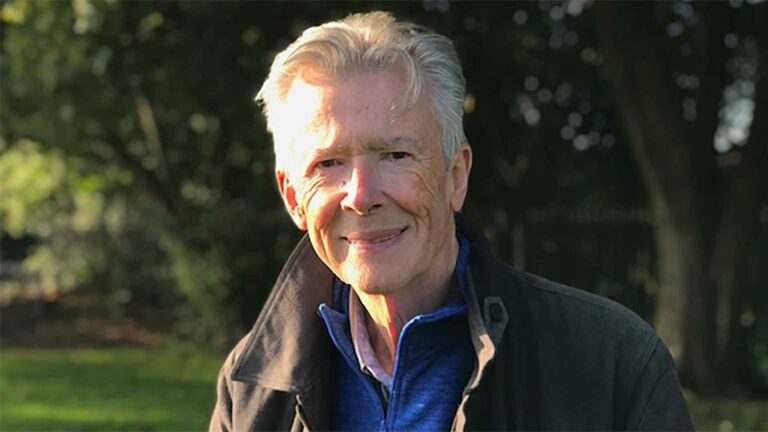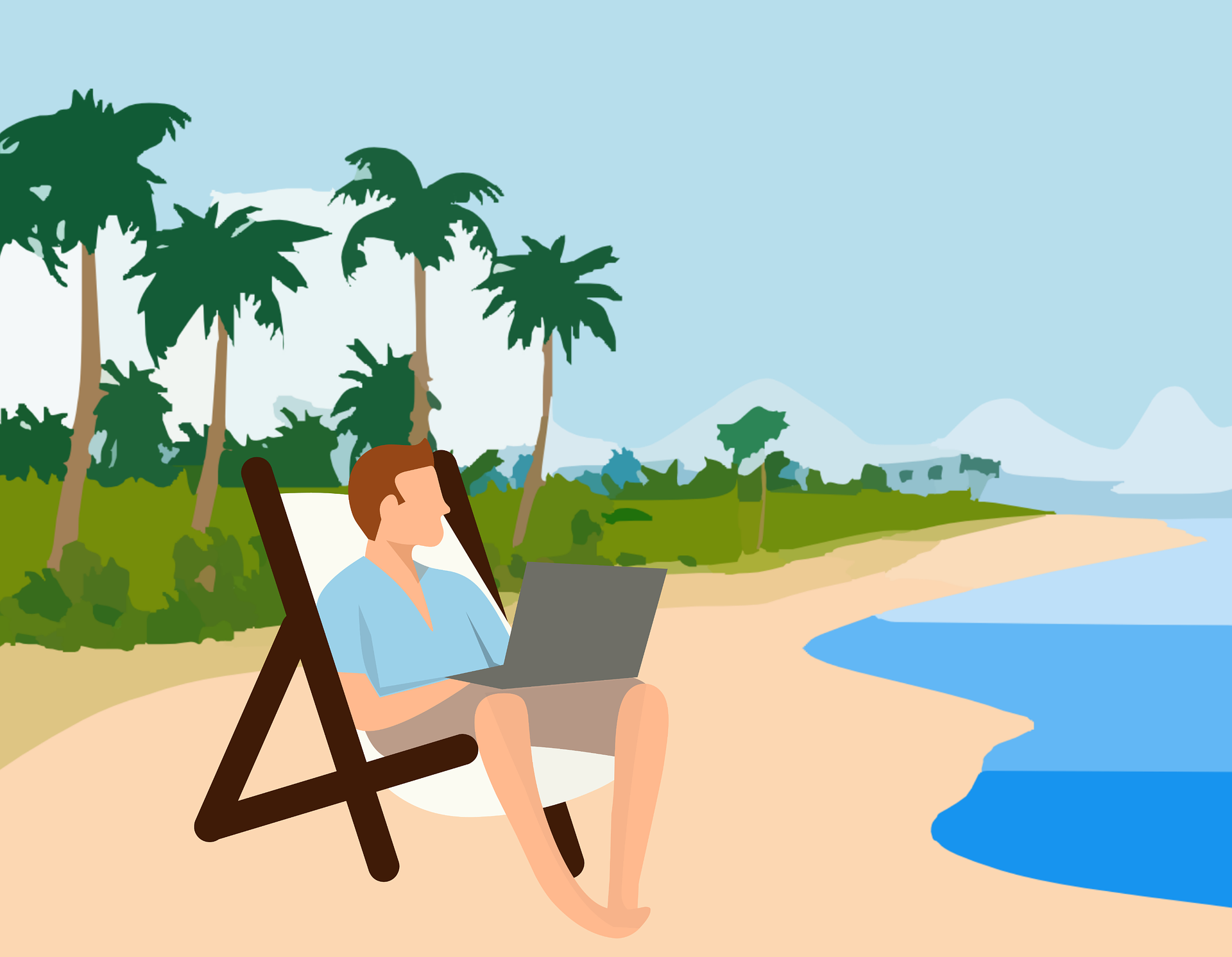Mindfulness for Menopause
How to manage the menopause mindfully
By – Helen Morris

Unless you have been under a blanket media ban over the last couple of years, you will have started to hear the word menopause more often. It’s in advertising, it’s on our TVs (thank you Davina McCall), it’s got its own month and day (October and 18th October). There is plenty of information on this online, here are some useful websites if you want to know more about what it is, who it affects, what symptoms there may be and why it’s important:
https://www.menopausematters.co.uk/ – Menopause Matters
https://thebms.org.uk/ – The British Menopause Society
https://www.newsonhealth.co.uk/ – Newson Health Menopause & Wellbeing Centre (Blanace app)
But I want to talk about how mindfulness helped me come to terms with MY menopause experience. My menopause journey started abruptly at age 33 following surgery for endometriosis, removing my womb and ovaries. I experienced many of the symptoms listed on any of the above websites and was unable to take HRT (too many difficult and debilitating side effects) so was left with “non medical” interventions.
My major issues were with anxiety, aphasia (losing words), lacking confidence, focus and concentration, fatigue, headaches and migraines. With little help and medical support, I began to investigate ‘alternative therapies’ and found mindfulness signposted as a way of managing anxiety.
My menopause journey was well underway by this time, I had left a senior role in a corporate IT, become self employed as a way of relieving my workload and stress, and was frankly struggling to cope with anything approaching a ‘normal’ life. The attitudes of mindfulness as described by Jon Kabat-Zinn were a revelation to me, and working on those principles meant that I was able to start managing my menopause ‘madness’.
Non judgement – giving myself a break as I discovered that none of the symptoms were ‘my fault’. Giving my GP a break as I realised she simply had never had any training or education on how to manage menopause without HRT.
Acceptance – recognising that this was something that was going to be with me for the rest of my life, and that I could manage it successfully if I made some changes.
Patience – adapting to a slower pace of life, managing my stress by doing fewer things, but doing them better. Allowing the lifestyle changes I was making to take effect, over time.
Trust – in my own perceptions of what my body required. Listening to my own needs and trusting in my own research.
Beginner’s mind – this was crucial for my health and mental wellbeing. I had to remain curious and open minded about my experiences, and treat each new symptom as opportunity to learn more about my body and its needs.
Non-striving and letting go – stopping myself trying to be someone I could no longer be, and abandoning of all of my preconceptions about menopause.
I could not have coped with the changes I had to make in my life without mindfulness to help me accept them and embed them through regular practice.
About the author
Helen Morris is a Mindfulness Teacher and Menopause Coach based in France. She is available online but will travel
M: +44 (0) 7962 068 056
Written for The Breathing Space Journal Winter edition 2024
Find out more at www.mindfulnessnow.org.uk
